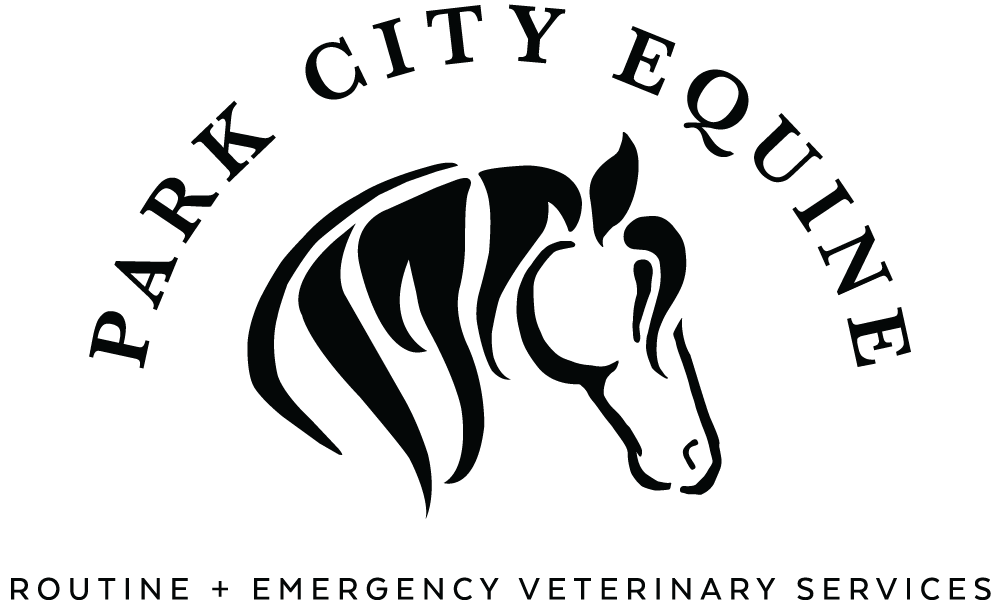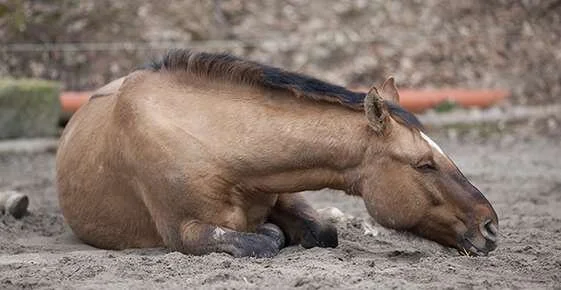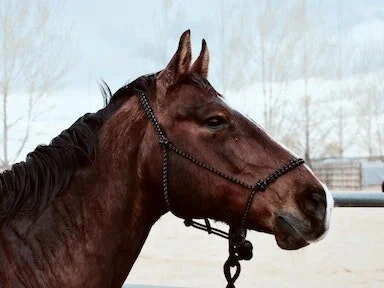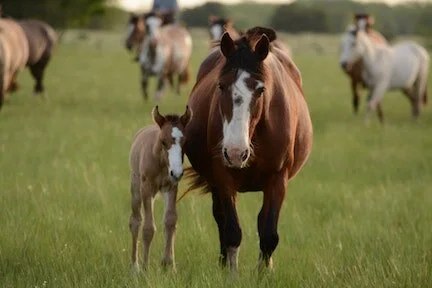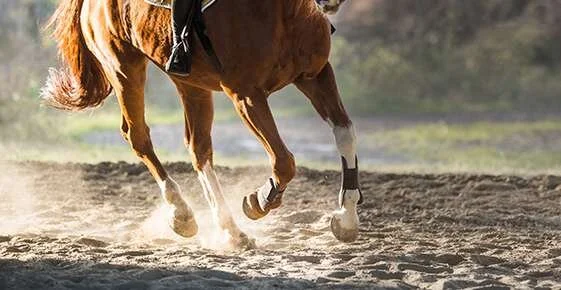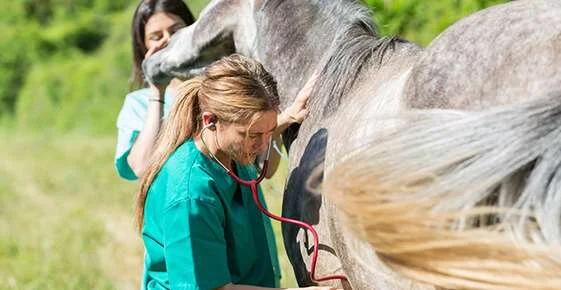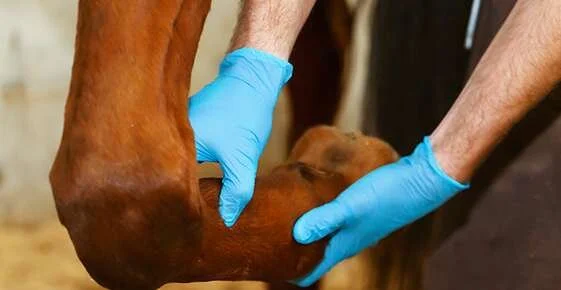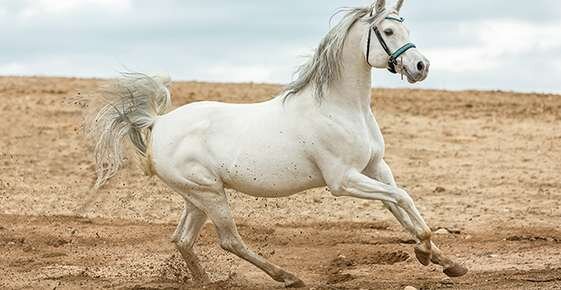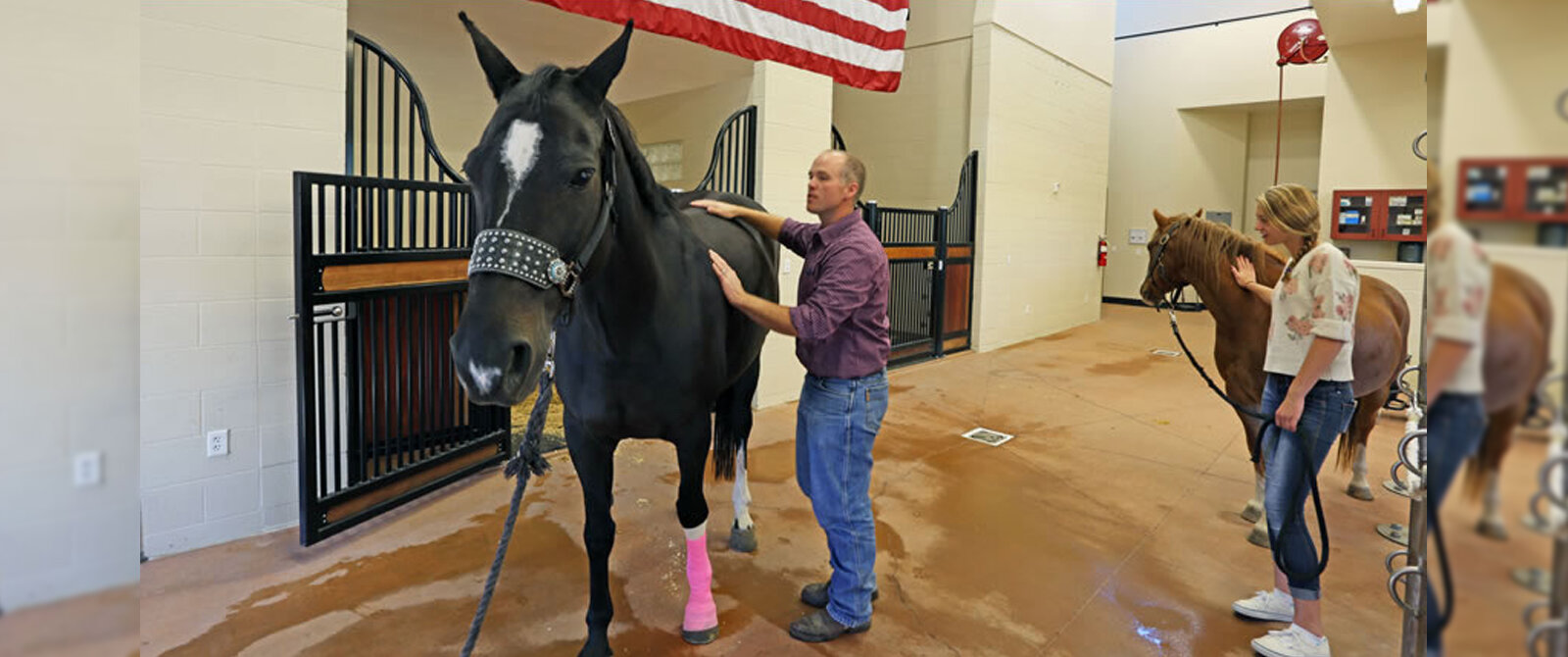
Horse Vet Blog
Equine Laminitis
Equine laminitis is inflammation of the sensitive and insensitive laminae in horse's feet and generally occurs bilaterally in the front feet.
Caring for Senior Horses
Basic senior wellness care includes dental care, balanced nutrition, and hoof care.
Advances in Equine Breeding & Assisted Reproduction
Assisted equine reproduction has opened up new possibilities in the equine sporting community for horses where this was once limited.
Venereal Disease
Venereal diseases, also known as sexually-transmitted infections or diseases, are infections that can be passed during sexual contact.
Coupling Equine Nutrition & Acupuncture
Integrated medical care for horses has been shown to not only enhance their overall performance in competition, but benefit their everyday well being.
Understanding EHV Equine Herpesvirus
Equine Herpesvirus (EHV-1) is an infection in horses that can cause respiratory disease, abortion in mares, neonatal foal death, and/or neurologic disease.
Preventing Snakebites
Snakebites are not limited to humans, nor is it limited to any specific region of the world.
No Sweat: It's a Problem
Horses, like humans, sweat to cool themselves in warm weather and during periods of exertion.
Arthritis in Horses
Arthritis is one of the most common conditions causing lameness in older horses; in fact, arthritis is responsible for up to 60 percent of all lameness.
Respiratory Conditions
Horses are highly susceptible to a wide variety of respiratory conditions.
Physical Exam
Your horse might look as healthy as, well, a horse, making you wonder whether he really needs an annual exam.
Thyroid Problems
This gland produces hormones that regulate the body’s metabolism and affect most of the body’s tissues.
Metabolism
Metabolism in horses — and in other animals — refers to all the body’s complicated processes that break down food, drink and drugs to provide nutrients and energy for living.
Where Do You Look For a Horse?
A good place to buy a horse is the stable where you ride or plan to keep the horse.
Ligament and Tendon Injuries
Ligaments and tendons are important parts of the musculoskeletal system, which also includes the muscles and bones.
Immunodeficiency Disorders
Immunodeficiency disorders in horses are rare conditions that prevent the immune system from protecting the horse against viral, bacterial or other types of infections.
